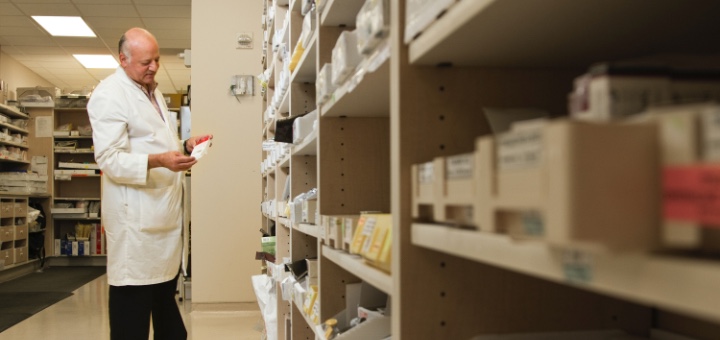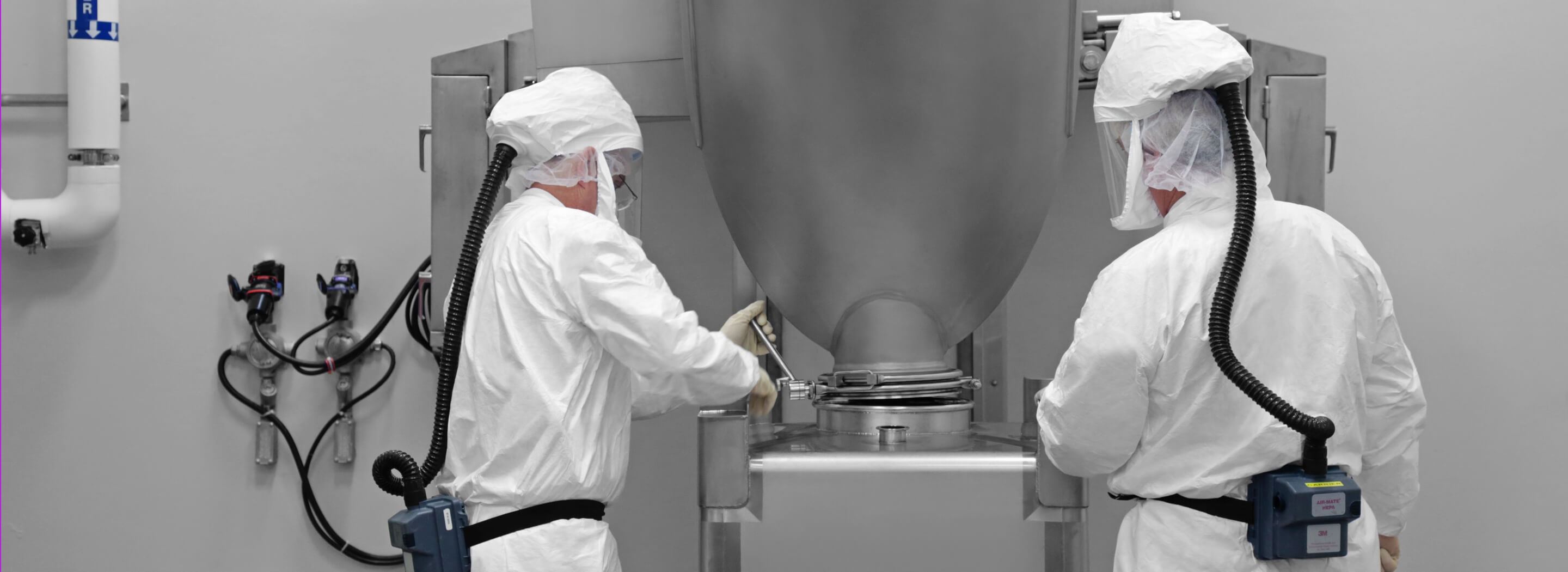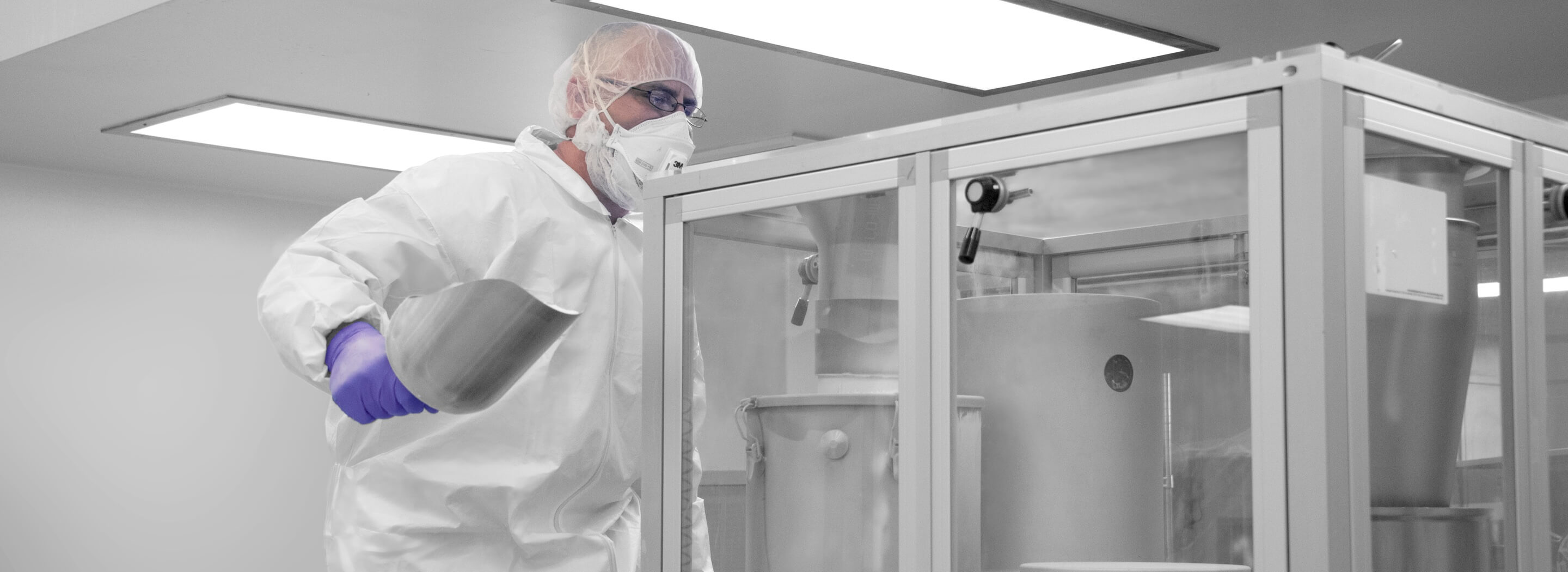The Rise of the Overseas Generic Drug Manufacturer
For the past few decades, there has been a continued push to lower drug costs. This has resulted in the US-based generic pharmaceutical industry to set up shop overseas where the overhead and wages are a fraction of what they are in the United States. In addition, countries such as Mexico and China have become powerhouses in the industry by building their own manufacturing facilities. Cheap, outsourced generic pharmaceutical manufacturing has transformed into almost complete reliance on foreign producers.
The Impact of International Generic Drug Manufacturers
While there traditionally have been tremendous cost savings affiliated with the overseas production of drugs, the lower prices come with risks. The most pressing issues are:
- Tariffs - These fees can help combat unfair competition, but if the US increases them too much, countries can retaliate.
- Time differences - A 12-hour difference creates issues with communication between the far-flung locations.
- Reduced abilities to protect intellectual property - Espionage is alive and well in the generic pharmaceutical industry, and it becomes harder to fight when sensitive data is needed abroad to perform tasks.
- Quality issues - The FDA does not have the same ability to oversee the generic drug makers' operations on foreign soil. It is easier for companies to delay the notification of issues or to hide safety concerns.
- Security of the supply chain - Even if the drugs are created here in the USA, the raw materials are almost exclusively coming from China and other countries. If they experience natural disasters, civil unrest or political upheaval, our manufacturing ability could slow dramatically or come to a halt.
- Potential unavailability of drugs - Foreign generic drug makers could curtail exports if their country experiences a higher demand, or they could do so as an act of hostility.
Even if the drugs themselves aren't being imported, most of the active pharmaceutical ingredients (APIs) are. While the FDA monitors the safety of internationally produced drugs, nobody monitors their availability. This puts American consumers completely at the mercy of the global supply chain.
“One of the ugly secrets of the pharmaceutical industry is that the vast majority of raw materials that go into a prescription drug are produced overseas, mostly in China and India.”
- Geoffrey Joyce
Chairman of the Department of Pharmaceutical and Health Economics at the USC School of Pharmacy
In "China RX," Rosemary Gibson exposes the risks of dependence on China for our medicine. She reports that China controls 80 percent of the United States' supply for core generic APIs.

How to Combat the Generic Pharmaceutical Risks
Transparency in the country of origin labeling is a good first step toward turning the tide of the generic pharmaceutical industry. It's important for consumers to understand where both the ingredients and the drugs themselves come from.
But one of the challenges of reshoring generic manufacturing is the potential push back from Pharmacy Benefit Management (PBM) companies. Their main driver is cost savings with less concern about supply and safety.
In spite of this, companies are finally starting to embrace the Buy American trend and are increasing their investments in reshoring. By moving away from a global supply network, they can maintain control of their products and reduce the possibility of disruptions due to off-shore events.
Companies are still feeling the sting of shortages caused by COVID-19 and are continuing to increase procurement of individual ingredients and maintain a stockpile of essential drugs for emergencies. But stockpiles create long-term inventory challenges. To avoid this, generic drug manufacturers are finding ways to utilize tax incentives to bring their factories back to American soil. In addition, advances in automation reduce costs and help them compete against global competitors.
American generic medicine manufacturers are increasingly seeing the value in working with CDMOs that are closer to home. Decreased costs in shipping and avoiding an up-to-12-hour time difference are benefits that are unavailable when working with foreign partners.
Why Choose UPM as Your Generic Pharmaceutical Partner?
UPM is a large-scale, US-based CDMO with years of expertise as a generic drug manufacturer. We are family-owned and pride ourselves on cultivating long-standing relationships with our customers. We offer a full range of commercial manufacturing services including formulation and analytical development, technology transfer and scale-up support, and more.
Our generic drug manufacturer partners enjoy these benefits:
- Experience - We have more than twenty years of experience in the generic pharmaceutical industry.
- Manufacturing Capabilities - Our large research and production facility provides us with the capability to meet your generic pharmaceutical needs. Our annual one-shift production potential is:
- 700 million capsules
- 4 billion tablets
- 1,300,000 kilogram units of semi-solids
- Warehouse - Our facility has nearly 300,000 square feet of temperature-controlled mapped storage that is under constant surveillance which ensures the stability of your product during storage and distribution.
- Specialized Handling - We have a long history of controlled substance manufacturing and packaging, and our campus includes nearly 16,000 square feet of DEA-approved vault space.UPM is a large-scale, US-based CDMO with years of expertise as a generic drug manufacturer.
CONTACT US
From conceptualization to product launch, we specialize in customized, large-scale pharma production. To learn more about partnering with us for your generic pharmaceutical manufacturing needs, contact us online or call (423) 989-8000 to discover how we can help you achieve success.
CONTACT UPM
